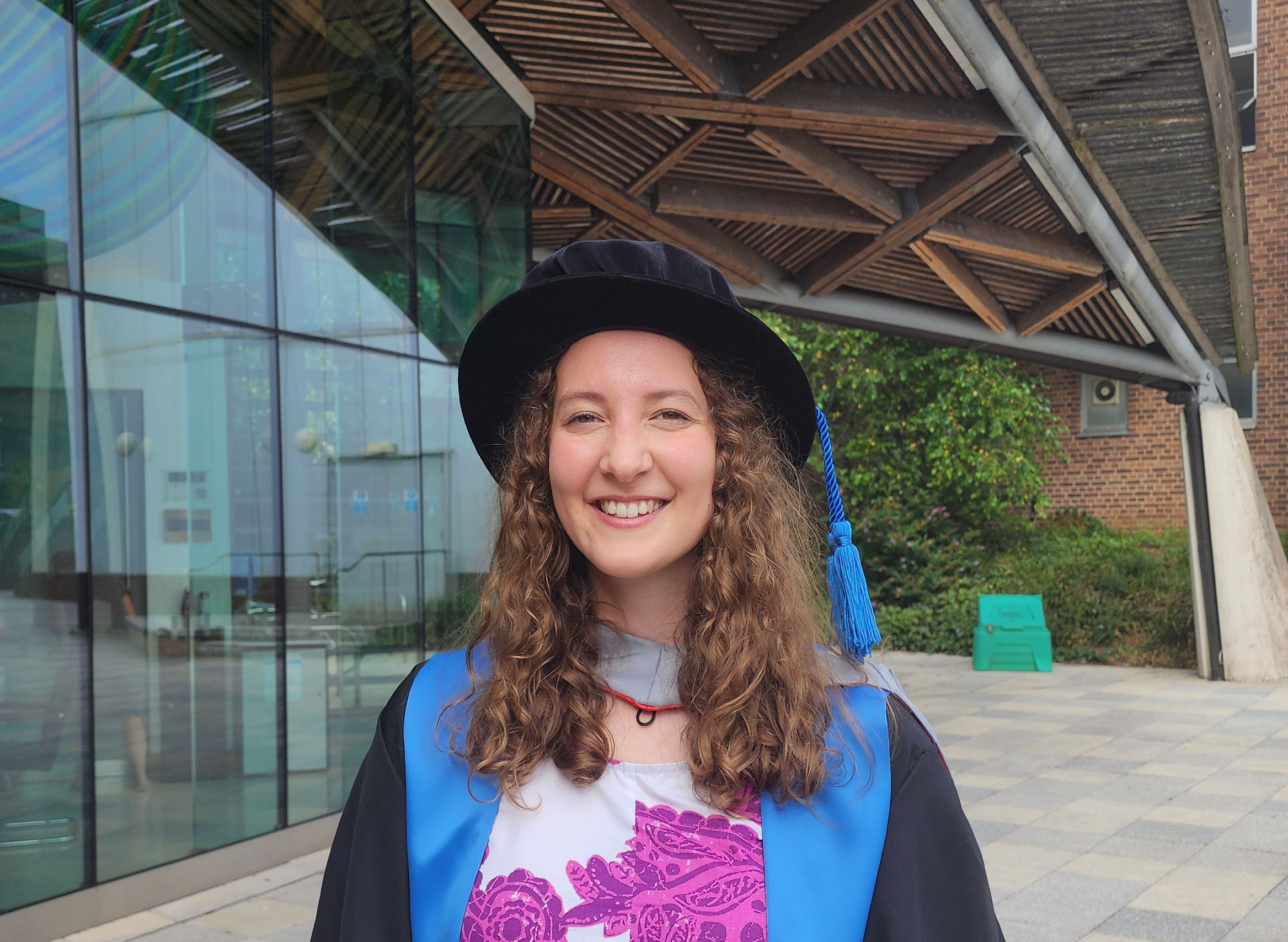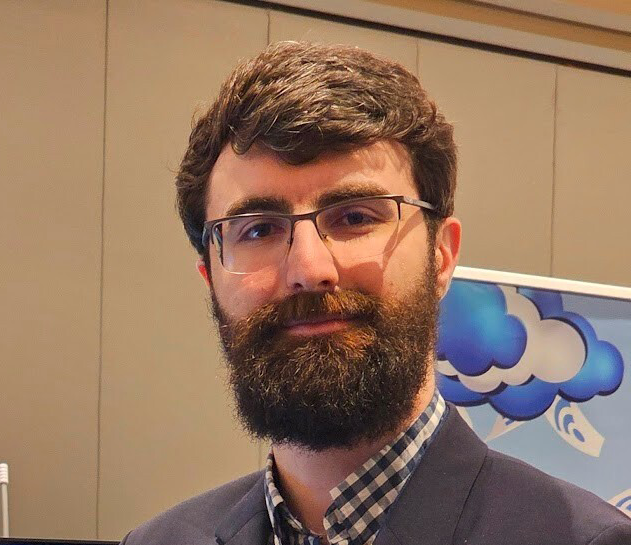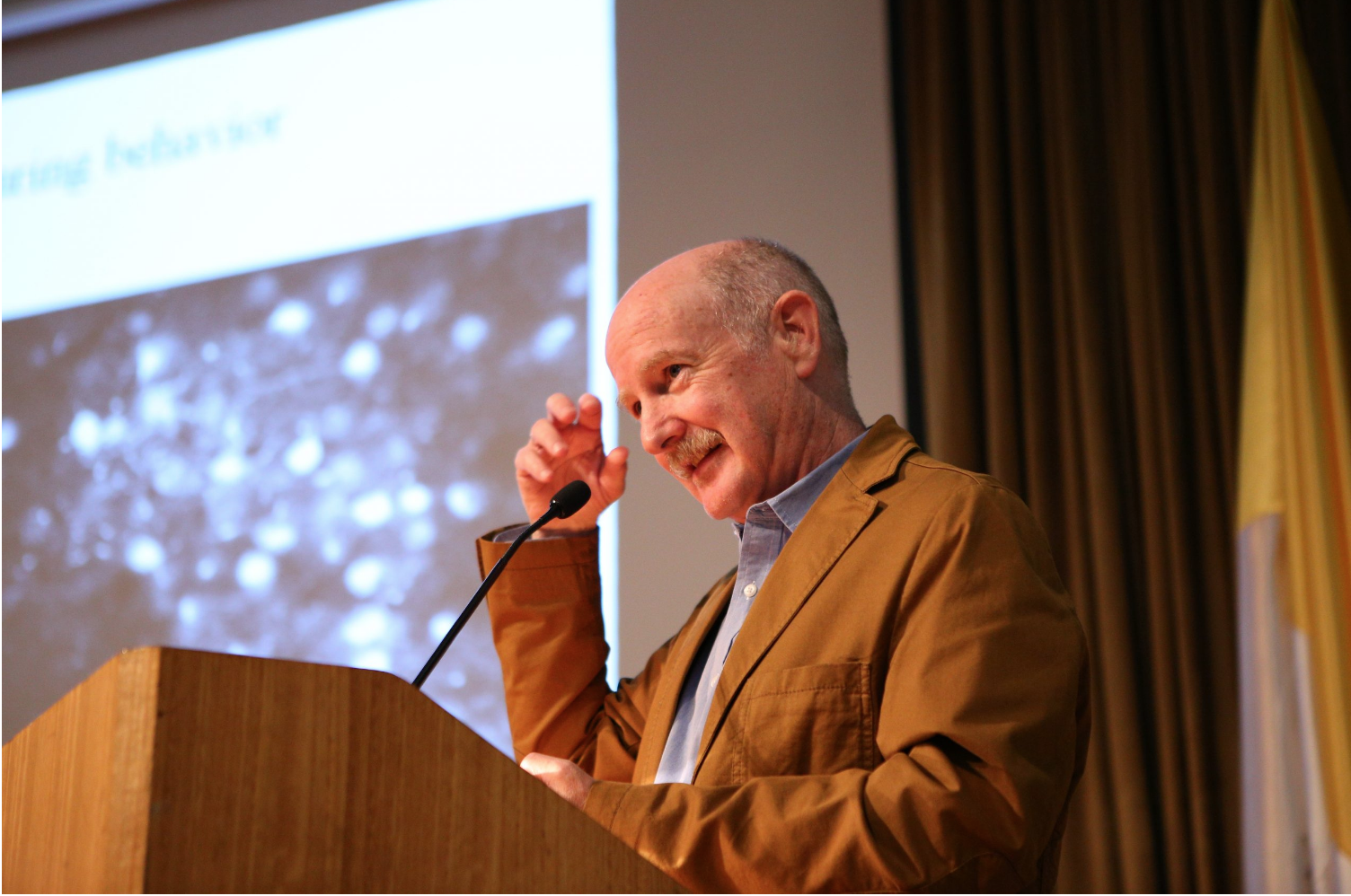EBRAINS PhD Networking Event (open to public)
The PhD event will offer both scientific insight and career perspective, helping attendees connect with the broader research community and envision their future. The session will entail two success stories from current and former PhD students, a Scientific Keynote 'Building Methods for Neuroscience' by Rafael Yuste and an AMA panel with the speakers. The session will also have a presentation by Accelnet called 'Connecting Movement, Music, and Brain Health: Building an International Collaborative Future'. Discover how the Movement, Music, and Brain Health AccelNet fosters collaboration among neuroscientists, artists, engineers, policymakers, medical professionals, and students across the world. The session will highlight community-driven initiatives, hands-on workshops, art-based outreach, and shared data practices, while inviting student perspectives on shaping the network’s future. The goal of the networking event is to provide PhD candidates with inspiration, practical insights, and a space for open dialogue. Registration is now open for the event. Tickets for the networking event are available for €20 (more information can be found on the 'Register' page). Full Summit conference ticket holders can attend the networking event for free.

Who You’ll Be Hearing From
This session brings together expert voices from across the EBRAINS community and beyond. Discover the people sharing their insights, research, and perspectives on the topic.


Yoshua E. Lima-Carmona is a Ph.D. student in Electrical Engineering at the University of Houston and a Graduate Research Assistant at the NSF IUCRC BRAIN Center. He also serves as President of the BRAIN-AccelNet Student Network, promoting interdisciplinary collaboration across neuroengineering, cognitive science, and the arts. His research explores the neural dynamics of artistic expression, such as acting, dance, and music, and the brain’s responses to multisensory natural environments for stress reduction. Specializing in Mobile Brain–Body Imaging (MoBI) and Hyperscanning, he applies advanced neural data acquisition and signal processing to study naturalistic human behavior and develop brain–body interface technologies. He has mentored students from high school to postbaccalaureate levels through NSF- and NIH-funded programs, fostering inclusive and hands-on research experiences. Yoshua has presented his work at the Society for Neuroscience and the Society for the Neuroscience of Creativity, and expanded his expertise at the Advanced Neural Data Analysis and Neuroinformatics School at Forschungszentrum Jülich, Germany. His interdisciplinary work bridges art, neuroscience, and technology to understand how embodied experiences shape brain function and well-being.


Katya is a specialist in computational modeling and simulations, with a PhD in Physics from the University of Exeter. Her PhD research project combined innovative approaches in photonics and quantum chemistry to decode signals from single-molecule biosensors, contributing to advancements in biotechnology. During her studies, Katya gained new skills in scientific software development and high-performance computing, which have been instrumental in her subsequent career path. Currently, Katya works at the Forschungszentrum Jülich, which is home to Europe's first exascale supercomputer. She explores the mutual influence of brain science and computing, and provides science support for EBRAINS, an open infrastructure for brain research.


Dr. Petrut Bogdan is Neuromorphic Architect at Innatera Nanosystems where he focuses on Hardware-Software co-design, product development and system architecture. He currently co-chairs the Neuromorphic Working Group of the EDGE AI Foundation, aiming to address grand challenges within neuromorphic computing by bringing together industrial and academic experts and offering long term support to open developments. Dr. Bogdan holds a BSc and PhD from the Department of Computer Science at the University of Manchester, UK. His research focused on bio-inspired learning and real-time modelling of very large-scale spiking neural networks modelled on the SpiNNaker 1 million ARM core brain-inspired computer.


Rafael Yuste, M.D., Ph.D, is a neuroscientist that studies the cerebral cortex at Columbia University. Yuste pioneered the development of many imaging techniques and led the researchers who proposed the US BRAIN Initiative and the “Morningside” group proposal of novel human rights (“Neurorights”) to protect brain activity and brain data. He recently spearheaded the launching of Spain Neurotech, a Spanish Brain Initiative.
Find your way on the map

